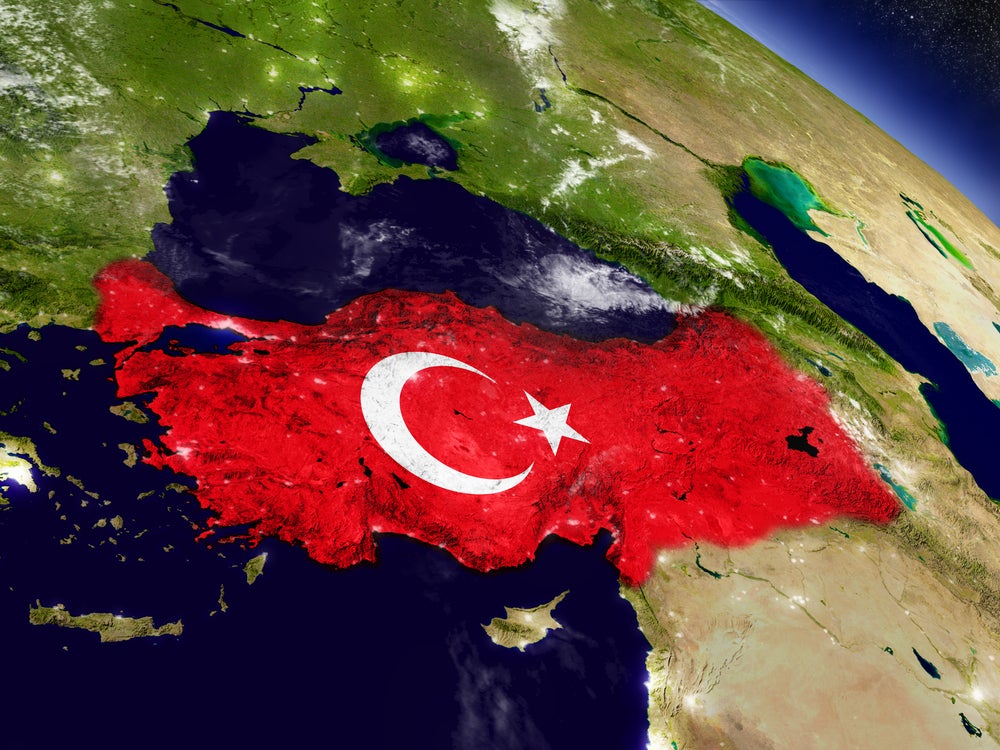
India has announced immediate import restrictions on laptops, tablets and personal computers – stating all devices entering the country will now require a valid import license.
Speaking to Reuters about the new restrictions, announced on Thursday, former director general at tech industry body MAIT Ali Akhtar Jafri, said the restrictions were “to push manufacturing to India”.
A single laptop or tablet imported for personal use and ordered directly from e-commerce portals will be exempt from the import licensing requirement, according to the Indian Ministry of Commerce and Industry.
Licensing exemptions are also available for up to 20 devices that are required for testing, research and development purposes.
The recent restrictions follow news that major Apple supplier Foxconn invested $600m (Rs49.6bn)into two new iPhone manufacturing plants in India – estimated to create around 13,000 jobs in the local area.
As US China tensions continue to heighten, more and more technology companies are looking for alternative manufacturing locations outside of China, something India is taking advantage of.
How well do you really know your competitors?
Access the most comprehensive Company Profiles on the market, powered by GlobalData. Save hours of research. Gain competitive edge.

Thank you!
Your download email will arrive shortly
Not ready to buy yet? Download a free sample
We are confident about the unique quality of our Company Profiles. However, we want you to make the most beneficial decision for your business, so we offer a free sample that you can download by submitting the below form
By GlobalDataGlobalData research found that according to the Ministry of Commerce and Industry, India has entered into 13 Regional Trade Agreements (RTAs) and Free Trade Agreements (FTAs) with different countries and regions, as of July 2022.
The country also has an upcoming Digital India Act which aims to oversee issues such as AI regulation, cybercrime and data protection.
The overall merchandise export of the country declined at a pace of 4.3% on an average during October 2022 to March 2023, according to GlobalData.
However, India’s top sector contributing to foreign direct investment inflow was computer hardware and technology with a total inflow of $9.3bn from April 2022 to March 2023.
The same report by GlobalData acknowledged that one out of every ten unicorn companies are started in India.
Speaking on how these restrictions may impact western brands such as Apple, GlobalData consultant Neil Saunders believes there is “very little” companies can do to circumvent the regulations immediately.
In the short-term future Saunders states that Apple will need to go through the licensing process which could “severely harm” its sales in the country as well as impacting consumers wishing to buy latest devices.
Longer term, Saunders believes it entirely possible for Apple to review its manufacturing capacity in India and therefore attempt to negotiate reduced requirements with the Indian government in exchange for more investment in the country.
A negotiation which Saunders describes as the “real intent” behind the restrictions in order to boost investment into India.
As India seeks to cash in on US China tensions, the upcoming Digital India Act is likely to impose more regulations over imported hardware.







